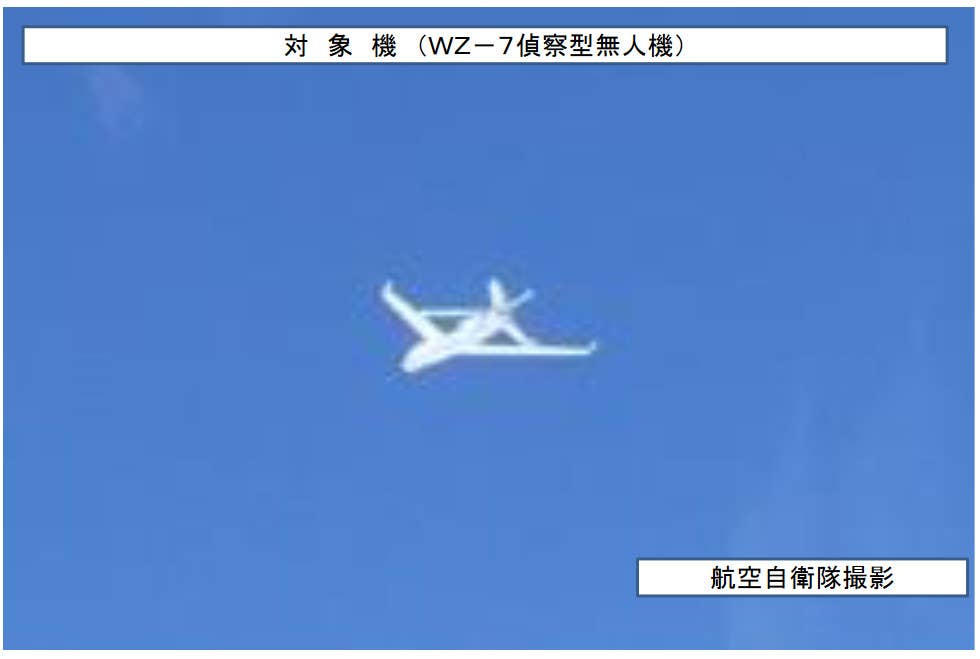Recently, on March 26, a high-altitude long-endurance unmanned aerial vehicle (UAV) known as China's WZ-7, operated by the People’s Liberation Army (PLA), conducted flight maneuvers over the Sea of Japan, as reported by the Japanese Ministry of Defense (MoD). Although the Chinese drone did not breach Japanese territorial airspace, it prompted the dispatch of Japanese fighter jets by the Air Self-Defense Force. The UAV's route originated from the Asian continent, crossed the Sea of Japan, and then returned northwestward. The MoD speculated that the drone may have traversed either North Korean or Russian airspace before its journey over the sea. This marks the first sighting of a WZ-7 drone over the Sea of Japan by Japanese authorities, raising concerns in the strategically significant region. Japan remains vigilant amid suspicions of Chinese military expansion of drone flight zones. The exact purpose behind the WZ-7’s flight remains unclear. However, on the same day, Japanese authorities reported monitoring a Russian spy ship and three People’s Liberation Army Navy (PLAN) warships in the Sea of Japan earlier in the week. The potential correlation between these maritime activities and the WZ-7’s flight remains uncertain. Nevertheless, the high-altitude surveillance capabilities of these drones could significantly enhance China’s intelligence gathering in the region. The WZ-7, likened to the US RQ-4B Global Hawk, is operated by the PLA Air Force and Navy. It boasts impressive range and service ceiling, making it a valuable asset for surveillance missions. Previous sightings of WZ-7 drones near Japan's coastlines have occurred, and they have been extensively used for border surveillance into India and monitoring activities around the Taiwan Strait. The capabilities demonstrated by the WZ-7 align with China’s strategy of 'Intelligentized Warfare,' suggesting its potential integration with other advanced equipment for enhanced military operations.
